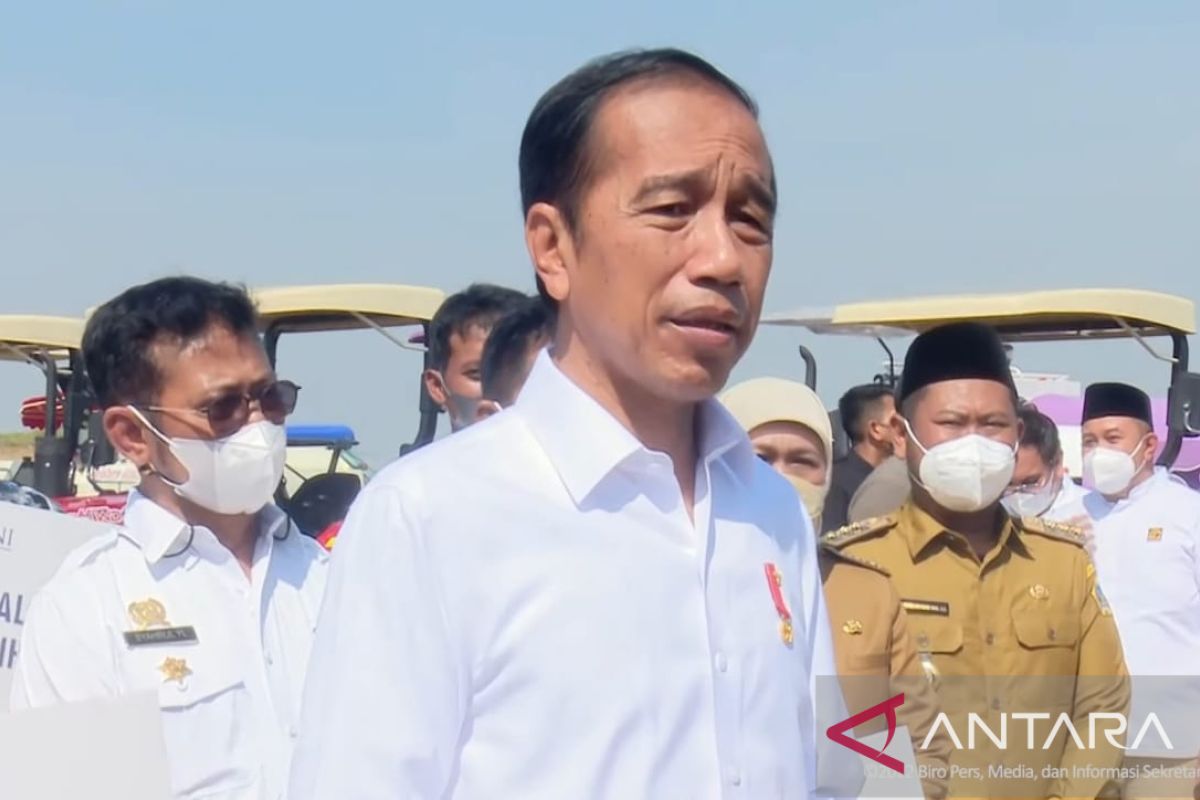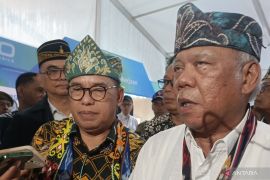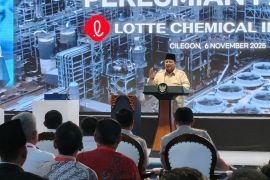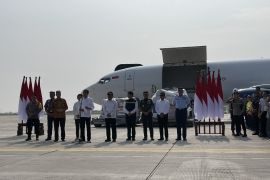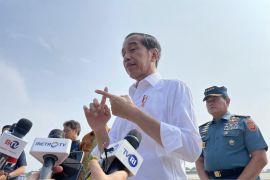This was marked by the planting of mango seedlings on an area spanning one thousand hectares in four sub-districts in Gresik District through the development of public and private food estates that were integrated with reservoirs.
"We expect that this seed planting (endeavor) could produce fruit in the next three years. Some will be exported, while the rest of it will be used for domestic consumers," Jokowi remarked while planting mango seeds in Gresik, East Java, as virtually broadcast through the Presidential YouTube Channel on Monday.
The head of state noted that mango production at the domestic scale was still lacking to meet the export demand. He highlighted the demand from several countries in the Middle East, Europe, China, and Japan for mangoes from Indonesia.
Hence, Jokowi has instructed to expand mango production not only in Gresik District but also in other districts with marginal land conditions for planting mangoes.
"With a lot of demand, we will start from Gresik and later on in other districts with marginal land conditions suitable for mangoes," he affirmed.
The head of state also praised the sound planting management in the mango plant barns in Gresik District and also in the downstream, such as assistance and production checks for quality control of products for customers.
The launch of a mango-based food estate and an Alsintan Taxi in Penceng, Gresik District, is part of a series of working visits by the president on the second day in East Java.
Based on information from the Presidential Secretariat received in Jakarta, after the launch of the food barn, the president will head to Larangan Market, Sidoarjo District, to deliver several forms of social assistance for the beneficiaries of the Family Hope Program (PKH) and traders.
Related news: Great Giant Pineapple exports 17,000 containers of canned commodity
Related news: Farmers pleased red palm cooking oil increased product value: minister
Translator: Mentari Dwi G, Resinta S
Editor: Rahmad Nasution
Copyright © ANTARA 2022
